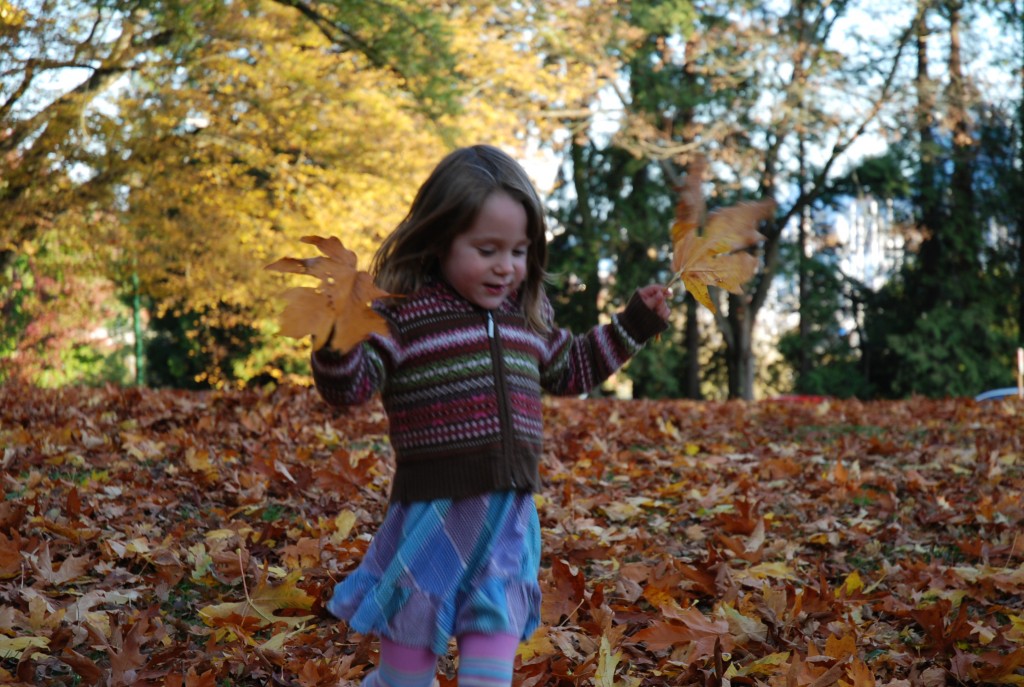“Every man must decide whether he will walk in the light of creative altruism or in the darkness of destructive selfishness.”
Martin Luther King Jr.
Lately, it seems that many of Pip’s sentences begin with, ‘I want…’ We’re not sure where the ‘May I pleases,’ have gone, but we’re determined to find them. Changing Pip’s syntax is a matter of training; with consistency and diligence, we’ll get her back on track. The more difficult issue at hand is ‘the wanting.’ I’m not talking about general requests like, “I want to go outside,” or “I want a snack,” I’m referring to the greedy, self-absorbed variety: “I want to go to the store and get a new pony,” and “I want ballet slippers,” and “I want a bike like Tia’s.”
I wonder how best to teach my daughters to appreciate what they have instead of focusing on wanting more. I want to teach them to shift their focus to the needs of others rather than themselves. These are lofty goals, I know, but well-worth pursuing.
In my experience, it has been the children who have very little who are the most gracious. I’ve written often about my host-family in India, and I will tell you that I have never met more generous, altruistic, gracious little children than the ones I met in Jejuri; and they had next to nothing! I don’t think that Baby, the three-year-old daughter, had one doll. Comparatively, my daughters have an extraordinary amount of toys, and yet we don’t feel as though we spoil them. Isn’t that interesting? I once read that you cannot spoil a child if you are giving of your own free will. It’s when you give to appease the “I wants” that you end up spoiling children.
Which brings me back to Pip. She has been ill, and although it’s probably not the best time to start cracking down on her ‘wanting’ behaviour, we’re doing it anyway. One rainy afternoon when we were all feeling sick, Pip, Fig and I sat down to ‘The Yoga Game.’ It’s a fabulous, cooperative game that was handed down to us by our friends, and we love it! Fig is really too young to play successfully, but she wanted to be included, so we gave it a whirl.
Once the board was all set-up, Pip picked up the dice and said, “I want to go first!” Here we go.
“Actually, Pip, the rules say that the youngest player goes first, and Fig is the youngest player. Please give the dice to your sister.”
“But I want to go first!” repeated Pip.
“You can go right after your sister, Honey.” Pip’s lip started to quiver as she gave Fig the dice, then she exploded into a crying heap on the floor.” I chose to ignore the behaviour and focus on Fig. Fig rolled the dice, then we counted the dots and moved the bumblebee around the board. We both had to make a tree pose and I giggled at Fig’s adorable attempts at yoga. She earned a flower for her posing and planted it in the garden.
By the time it was Pip’s turn, she had snapped out of her crying fit and was able to enjoy the game as though nothing had happened. I decided not to ‘de-brief’ the incident. It required no further explanation. I took my turn, then it was Fig’s turn again.
“Mama, I’m not going to make a fuss this time,” said Pip.
“Oh, that’s fantastic, Pip!” I hugged her and kissed her, which was probably a bit excessive, but I was just so proud of her. I was also delighted that my decision to take issue with Pip’s ‘want’ paid off.
It’s going to be a long road, and I’m sure we’ll be teaching the same lessons, in a different context, when the girls are well into their teen years, but they may be the most important lessons we ever teach them.
